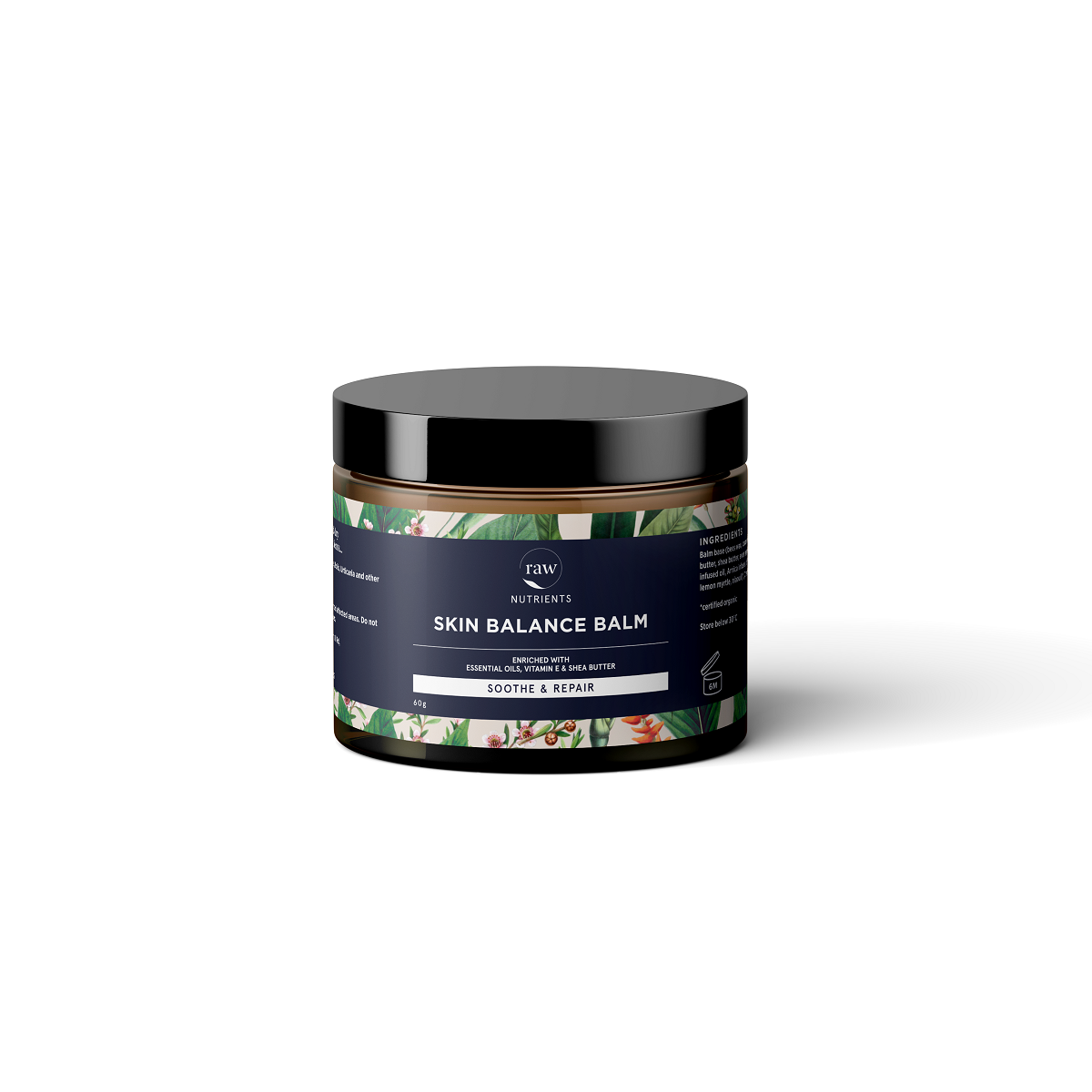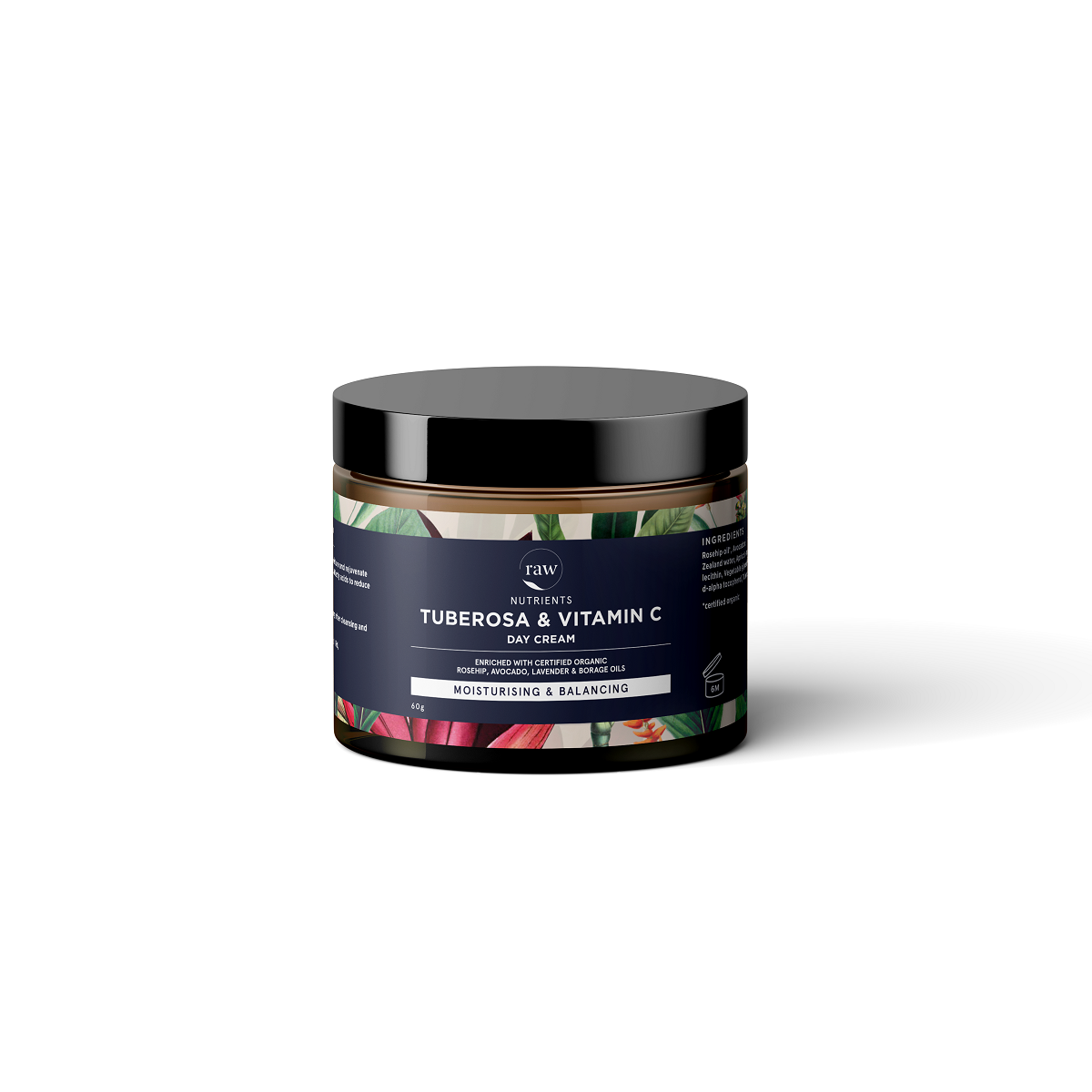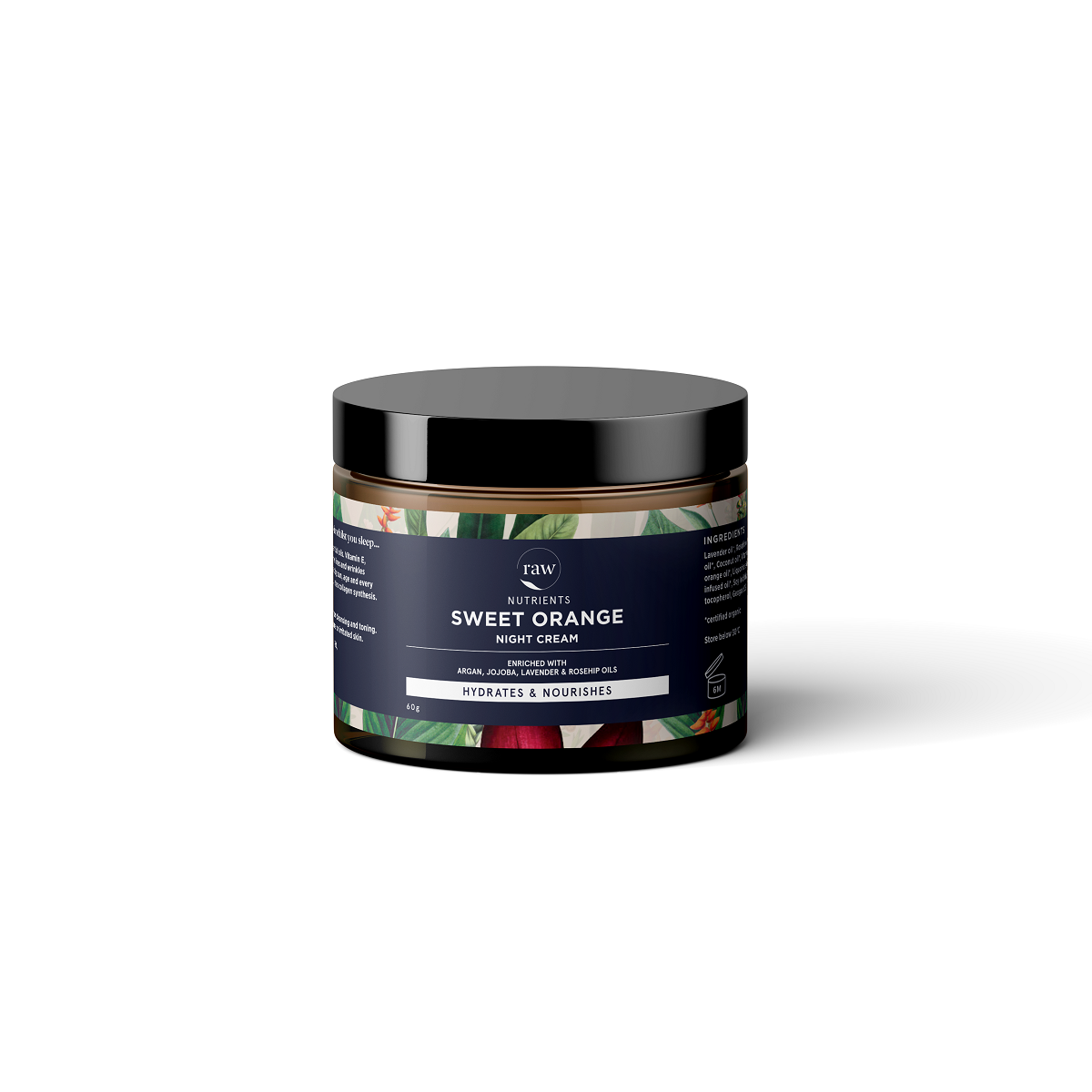-
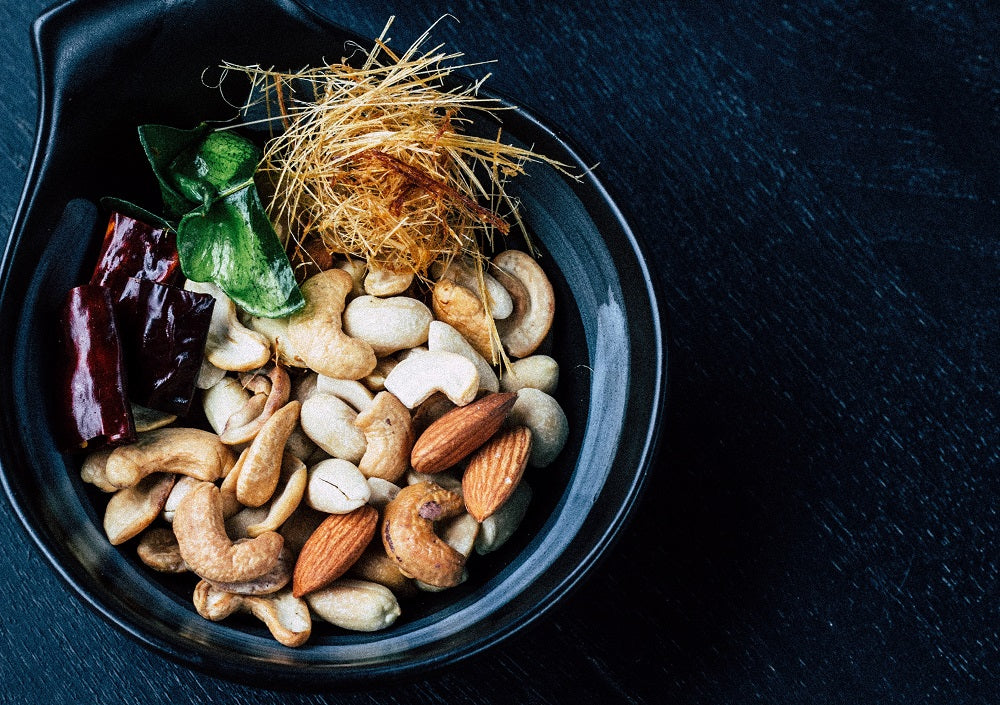
Think about zinc!
Zinc plays many important roles in your body. This essential dietary mineral is involved in metabolism processes, hel...
-

Magnesium; Are We Consuming Enough?
There is widespread magnesium deficiency, and given the importance of magnesium in the body, it is but essential to r...
-
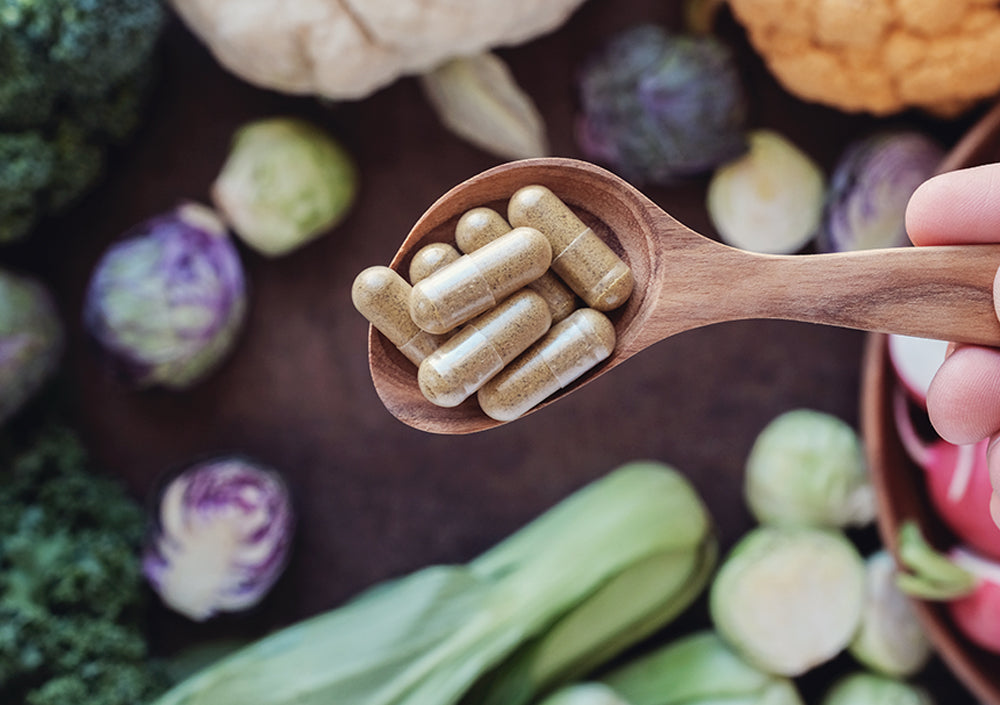
Probiotics; When & how do they work best?
Your gastrointestinal system comprises different microorganisms. The gut bacteria play a vital role in the health and...
-
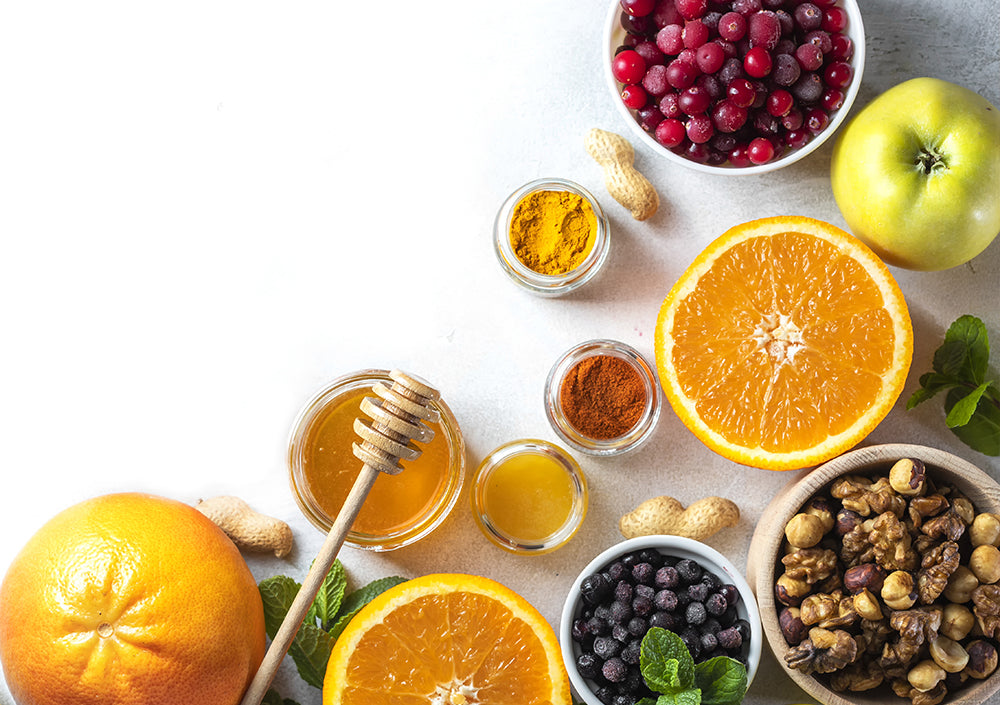
Vitamin C; How does it benefit wellness?
Vitamin C has gained popularity as an antioxidant. However, research claims that it can act as both an antioxidant an...
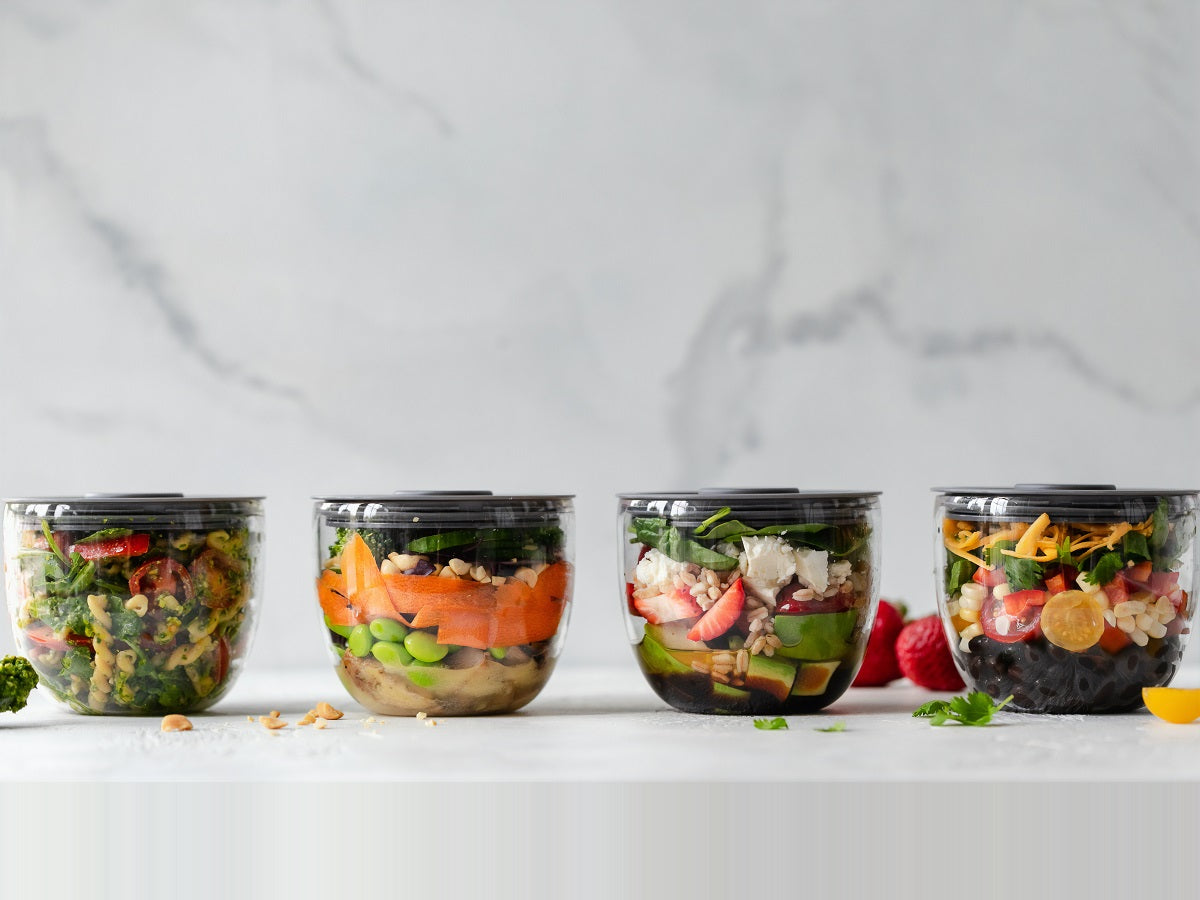
How to Improve Gut Health
Gut health is a term that describes the balance of flora in your digestive tract. Your gut health decides your overall physical and mental wellbeing. Your gut comprises trillions of bacteria – good and bad. The gut microbiota in the intestinal tract plays a crucial role in preventing infection and protecting the body against toxins, bacteria, and antigens.
Your immunity suffers if your gut is not healthy. Looking after the health of your gut is critical to maintaining a healthy balance between good and bad microorganisms. It is here that a plant-based diet can feed and promote the growth of good bacteria in your gut and improve health.[i]
An imbalance of the gut bacteria has been associated with gastrointestinal problems, such as acid reflux, irritable bowel syndrome, peptic ulcers, and inflammatory bowel disease, among others. Research finds that unfavorable changes in the gut bacteria could be responsible for certain conditions, such as cancer, type 2 diabetes, obesity, Alzheimer’s, atherosclerosis, and autism.
Plant-Based Diet Benefits Gut Health
Research underlines the need to stick to vegetarian and vegan diets for someone suffering from poor gut health. Compared to animal-based diet, a plant diet is beneficial for human health and promotes the growth of a more diverse gut microbial system.[ii]
Research confirms that the vegan gut profile is unique, with a proliferation of protective species and reduced number of pathobionts.[iii]
Additionally, polyphenols in vegan diet are associated with anti-inflammatory effects and offer heart protection. Vegan diets are growing in popularity as a dietary pattern for good health and disease management. Fiber found exclusively in plants is known to consistently increase lactic acid bacteria. High fiber intake is essential for the growth of healthy bacteria that are responsible for the fermentation of fiber into metabolites.
This helps with overall wellbeing, from regulation of critical intestinal activities to improving immunity. A high fiber diet spurs the growth of butyrate-producing bacteria, lowering colonic pH and preventing the growth of pathogens.
A study found reduced microbial diversity in obese subjects compared to non-obese participants. Additionally, there was a reduction in the Bacteriodetes:Firmicutes ratio in the obese subjects. Contrarily, there was an increase in pro-inflammatory Proteobacteria and C-reactive protein.
Another study observed that participants on a vegan diet had the lowest BMI values in contrast to vegetarian and omnivorous subjects. The study concluded that a vegan diet might benefit the diversity of microbes, lower body weight, and protect against inflammation. [iv]
All in all, a vegetarian/vegan diet promotes a diverse ecosystem of healthy bacteria. Research also finds that consuming nutrients from food with low bioavailability is important. Low nutrient bioavailability is found in whole food plant based, especially the food that has not undergone heating and has intact plant cell walls. The consumption of such foods increases the supply of nutrients throughout the gastrointestinal system, thus improving delivery of nutrients to the gut microbiota. This is essential for a healthy gut balance.
Tips to Increase Good Bacteria
Increase fiber intake
As stated above, high-fiber foods feed gut bacteria and promote gut and immune health.
Include prebiotic and probiotic foods
Prebiotic and probiotics are essential for good gut health. While probiotics are live bacteria, prebiotics are foods that feed these healthy bacteria. Since your body needs probiotic bacteria for a healthy gut, it will help to increase the consumption of prebotics. Some of the sources of prebiotics are onion, leeks, oats, beans, spinach, Jerusalem artichokes, asparagus, garlic, whole wheat, soybeans, and bananas.
Healthy sources of probiotics include fermented foods, such as miso, kimchi, kefir, sauerkraut, and tempeh.
Say no to animal products
Above research reveals that plant-based foods fare better than animal products when it comes to improving gut health. Animal foods are associated with a spike in bad bacteria and a reduced growth of healthy bacteria. As a result, the healthy gut balance is adversely affected, leading to chronic disease.[v]
Limit the intake of saturated fat
Research suggests that the intake of dietary fats and saturated fatty acids may adversely affect the composition of intestinal flora. According to one study, there was a rapid decline in the population of good bacteria in the gut following a change in the diet from low to a high sugar and high fat.
Further, animal studies demonstrate a reduction in the population of lactic acid bacteria in the gut of mice fed on a high fat diet. [vi]
Most plant-based foods are high in fiber but low in fat. A plant diet can help increase gut bacteria.
Avoid Antibiotics
Our body needs probiotics, which are good bacteria, for the healthy functioning of the digestive tract. The overuse of antibiotics can destroy and deplete the population of good bacteria in the gut. Although antimicrobial interventions are crucial in critical cases, unnecessary exposure to these agents should be avoided. Research finds that even a single dose of antibiotics can disrupt the microbiome and recovery may take several weeks.[vii]
Opt for an active lifestyle
A healthy lifestyle holds the key to a healthy gut. Recent research reveals that exercise can improve the population of beneficial microbial species. Not only this, an active lifestyle can enrich the microflora diversity and improve the health status of the individual.
Low intensity exercise can have a positive protective effect on the gastrointestinal tract. Regular exercise reduces the transient stool time as well as contact time between the GI mucus layer and the pathogens.[viii]
Additionally, emotional stress and sleep restriction are linked to multiple GI disorders and could alter the gastrointestinal environment, thus impacting the gut microbiota.[ix]
References
[i] Tomova, A., Bukovsky, I., Rembert, E., Yonas, W., Alwarith, J., Barnard, N. D., & Kahleova, H. (2019). The Effects of Vegetarian and Vegan Diets on Gut Microbiota. Frontiers in nutrition, 6, 47. doi:10.3389/fnut.2019.00047
[ii] Tomova, A., Bukovsky, I., Rembert, E., Yonas, W., Alwarith, J., Barnard, N. D., & Kahleova, H. (2019). The Effects of Vegetarian and Vegan Diets on Gut Microbiota. Frontiers in nutrition, 6, 47. doi:10.3389/fnut.2019.00047
[iii] Glick-Bauer, M., & Yeh, M. C. (2014). The health advantage of a vegan diet: exploring the gut microbiota connection. Nutrients, 6(11), 4822–4838. doi:10.3390/nu6114822
[iv] Tomova, A., Bukovsky, I., Rembert, E., Yonas, W., Alwarith, J., Barnard, N. D., & Kahleova, H. (2019). The Effects of Vegetarian and Vegan Diets on Gut Microbiota. Frontiers in nutrition, 6, 47. doi:10.3389/fnut.2019.00047
[v] Wong, M. W., Yi, C. H., Liu, T. T., Lei, W. Y., Hung, J. S., Lin, C. L., … Chen, C. L. (2018). Impact of vegan diets on gut microbiota: An update on the clinical implications. Ci ji yi xue za zhi = Tzu-chi medical journal, 30(4), 200–203. doi:10.4103/tcmj.tcmj_21_18
[vi] Zhang, M., & Yang, X. J. (2016). Effects of a high fat diet on intestinal microbiota and gastrointestinal diseases. World journal of gastroenterology, 22(40), 8905–8909. doi:10.3748/wjg.v22.i40.8905
[vii] Bhalodi, A. A., van Engelen, T., Virk, H. S., & Wiersinga, W. J. (2019). Impact of antimicrobial therapy on the gut microbiome. The Journal of antimicrobial chemotherapy, 74(Supplement_1), i6–i15. doi:10.1093/jac/dky530
[viii] Monda, V., Villano, I., Messina, A., Valenzano, A., Esposito, T., Moscatelli, F., … Messina, G. (2017). Exercise Modifies the Gut Microbiota with Positive Health Effects. Oxidative medicine and cellular longevity, 2017, 3831972. doi:10.1155/2017/3831972
[ix] Karl, J. P., Hatch, A. M., Arcidiacono, S. M., Pearce, S. C., Pantoja-Feliciano, I. G., Doherty, L. A., & Soares, J. W. (2018). Effects of Psychological, Environmental and Physical Stressors on the Gut Microbiota. Frontiers in microbiology, 9, 2013. doi:10.3389/fmicb.2018.02013
You might be interested in...
Raw Resources
Read About the Science Behind the Supplements

